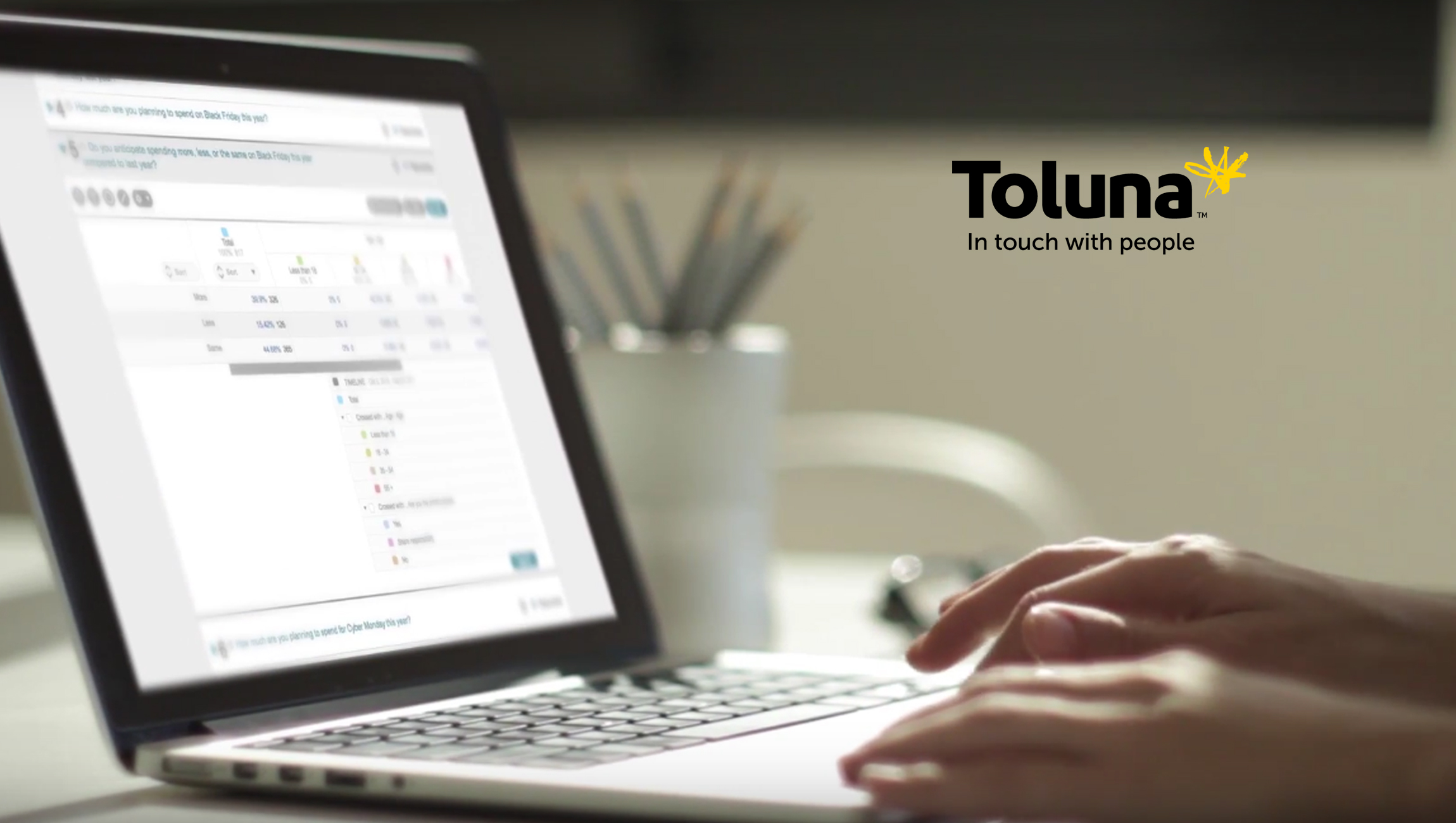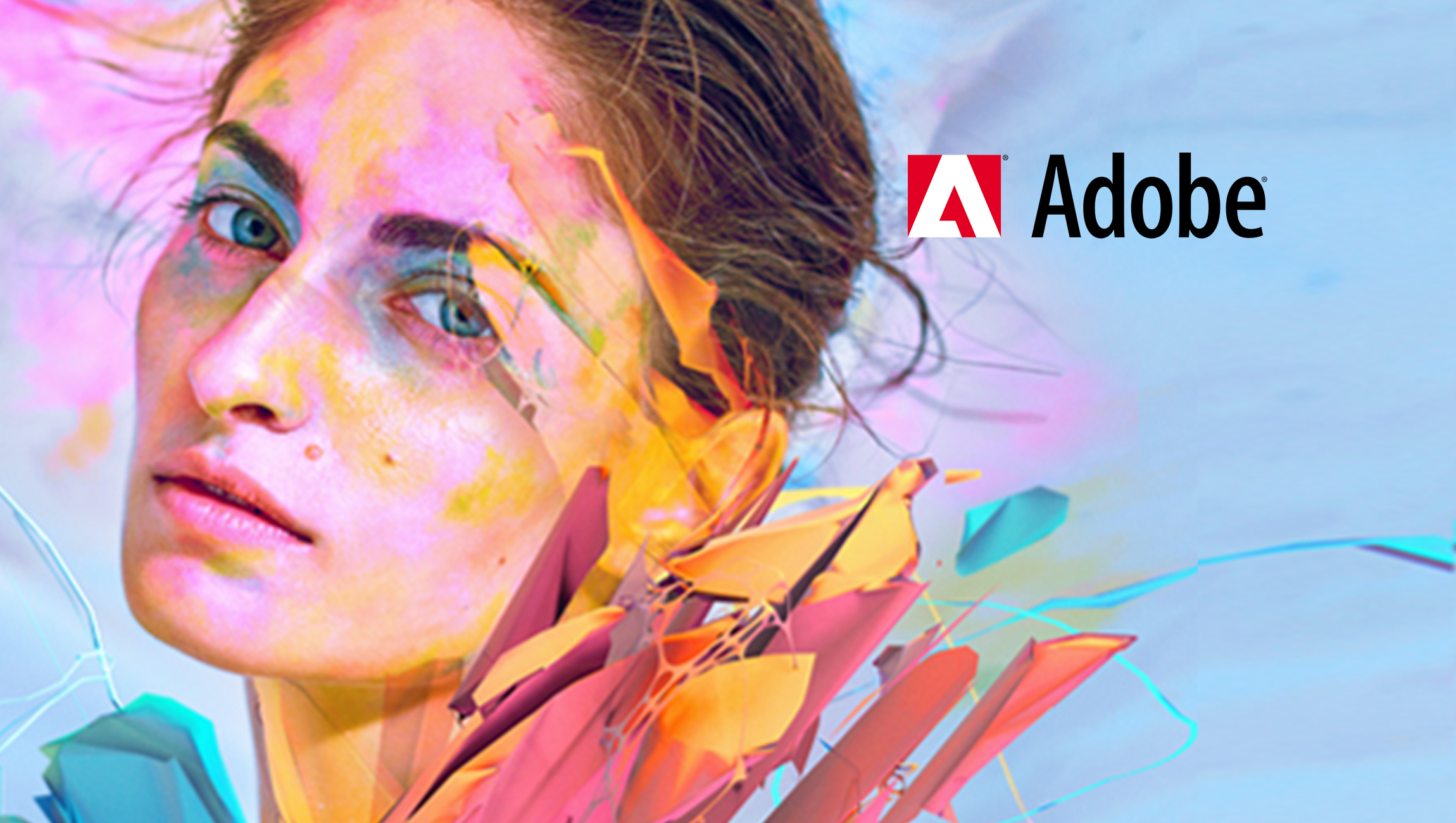![]() In recent years, the booming business of video games has spawned a huge next generation of consumer engagement. For those who have been living under a rock—or at least far away from the monitor screens and events that are involving more than 70 million viewers and billions of dollars— this burgeoning phenomenon is the world of competitive eSports.
In recent years, the booming business of video games has spawned a huge next generation of consumer engagement. For those who have been living under a rock—or at least far away from the monitor screens and events that are involving more than 70 million viewers and billions of dollars— this burgeoning phenomenon is the world of competitive eSports.
eSports, in which professional video game players face off against each other, has become a fast-expanding spectator sport filled with teams, leagues, and arenas (with yet a new one coming to Las Vegas in the next few months). And brand marketers of many stripes have taken notice.
Attracted by the highly involved target of primarily young adult males, many of these companies have begun to sponsor teams and leagues, building on the positive brand-building approaches they have taken in the worlds of live professional sports or music festivals.
But what many of these marketers are finding is that they need to invent new ways to engage Esports fans in ways that are tailored to the audiences and dynamics of this spectator sport.
Also Read: Six Steps to Achieving Customer-Centric Marketing
Fans, whether rabid or casual, may be spending hundreds of hours and dollars to get closer to Esports, but they’re not reporting the same levels of fan satisfaction found in other sponsored professional sports or music activities.
Building The Fan Experience Requires A New Approach To Marketing
The reasons for this are evident when looking at the two types of gaming live events that dominate the sport, conventions, and competitions. Convention attendance is impressive. In 2017, E3 (Electronic Entertainment Expo, a leading video game industry conference) boasted 68,400 in attendance, a 31% year-over-year lift. PAX East in Boston pushed 80,000 fans through the turnstiles and PAX West, even more. Competitions definitely live on a spectrum, with most in hotel ballrooms and only a handful conducting arena-level productions in the US.
But at E3 fans waited upward of five hours to sample a Fallout 4 VR experience. Most popular attractions at PAX exceed an hour-long wait. At arena-level competitions, only the devoted diehards can sit through a four-hour Counter-Strike: Global Offensive match, where you’re limited to IMAG screen views of the same game map and limited player facial reactions.
Having spent the better part of the last year meeting with the top teams, leagues, and partners who are making Esports their next great portfolio property, it has become clear to me that building the fan experience requires new customized marketing approaches. Sure, these fans can stream on Twitch, or watch live at eSports events, but they are craving more interactive experiences with the sport and its players than either the leagues or teams are providing.
Also Read: A Marketer’s Guide to Measuring Social Success
While the leagues, teams, and venues need to develop their own solutions, there is also a huge opportunity for brand marketers to create the kind of event-specific experiences that will generate greater loyalty and satisfaction with fans. It’s taken years for traditional sports sponsors to learn that just slapping your logo on a sign or booth isn’t enough and doesn’t resonate with fans. They need to accelerate this learning curve in order to start reaping the significant brand ROI available through investment in this sport.
For one thing, eSports finds itself in a space very similar to music festivals a decade ago. Like music festivals before it, eSports events are the physical manifestation of very strong consumer passions. As with music festivals, the core fan is very open to brand participation.
This Isn’t Just Talk—The Facts Prove It.
Momentum’s ongoing “We Know” research series has looked at fan involvement in music, sports and most recently gamers.
Among millennial respondents who engaged in a branded music experience, 93% like brands that sponsor live events. Specific to eSports, 68% of gamers believe sponsorship is good for the industry, and 62% are open to brands sponsoring a specific gamer or team.
But brands need to find ways to fully engage fans in relevant experiences that both enhance the sport and the brand.
Examples abound from other sponsorship venues. For the past three football seasons, for example, American Express set up a pre-game barge on Puget Sound that it called Hawks Island bringing Seattle Seahawks fans together with some team legends and Seattle area restauranteurs.
In a similarly experiential vein at the 2017 U.S. Open, Amex employed a combination of custom-built and responsive technologies, including air haptics and an ultra-sensitive motion capture system, to create an interactive live gaming experience, while also involving Venus Williams in social media activities.
Also Read: Five Best Practices for Successful People-Based Marketing
Fans Crave Customized Experiences
These kinds of innovative customized experiences are what fans are craving and what brands can provide. While Esports is taking off big time in numbers, we’re still only at Stage 1 when it comes to building brand experiences that actively engage Esports fans. There are three basic steps to take in order to enhance these fan brand experiences.
- Deliver a value proposition: Regardless of the tactic, don’t waste the fan’s time. Identify real value and deliver! Seat upgrades, talent access, VIP hospitality and fringe activities all provide access the fan is not expecting.
- Build envy: Brands need to walk a fine line here, but this strong value proposition should be limited to the customer and visible to the non-customer without completely alienating the crowd. This audience is extremely socially vocal. Brands need to use that to their advantage and not be exposed by it.
- Provide a new perspective: Regardless of the consumer passion, music, sports or Esports, fans are always looking to dive deeper. Brands should look to create activations that allow fans to see their favorite players in a new light. Imagine the power of VR delivering fans the ability to be a fly on the wall while their favorite player is pursuing a League of Legends victory.
Esports is not going anywhere, and the live event experience will be at the core of its growth. But significant thought needs to go into how to make the live event more appealing. For brands considering diving into the space or building additional equity in it, now is the time when they can make the most noise and be instrumental in molding the live event experience of the future.
Also Read: The 3 Biggest Challenges Marketers Will Face in the Next 5 Years











